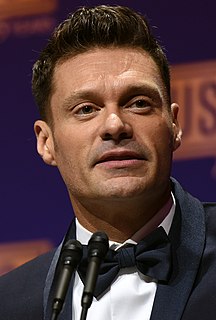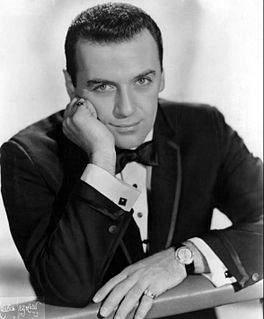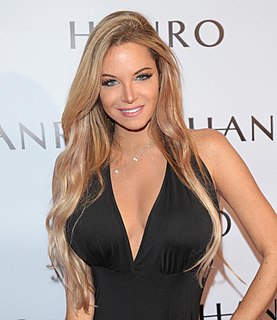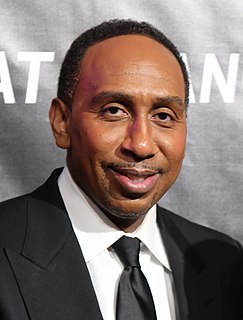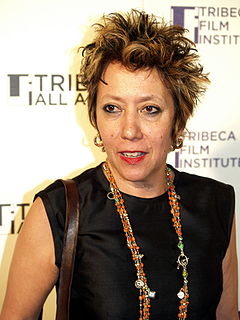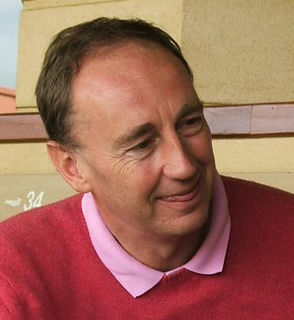A Quote by Ryan Seacrest
I use every opportunity, whether on my radio show or on television, to break stereotypes.
Quote Topics
Related Quotes
When you think about advertising, it's understanding that whether it's newspaper, radio, or television, you have to know how to advertise, how to market, because ultimately, everything comes down to ratings and revenue or ratings and subscribers and revenue, whether it's newspapers or radio or television.
The lack of opportunity is ever the excuse of a weak, vacillating mind. Opportunities! Every life is full of them. Every newspaper article is an opportunity. Every client is an opportunity. Every sermon is an opportunity. Every business transaction is an opportunity, an opportunity to be polite, an opportunity to be manly, an opportunity to be honest, an opportunity to make friends.
I think 'Lost' was really a pioneer in the use of the kind of connection between a television show and the Internet, and the Internet really gave fans an opportunity to create a community around the show. That was something that wasn't really planned; it just sort of grew up in the wake of the show.
